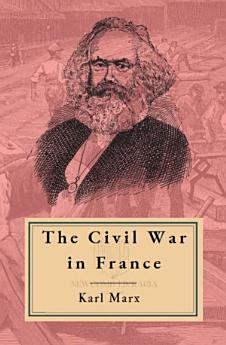Civil War in France
About this ebook
The text is notable for its austere and urgent tone, eschewing rhetorical flourish for structural analysis, though metaphysical echoes persist in its rendering of the Commune as both the negation of the old world and the tentative affirmation of a new one. In tracing the Commune’s abolition of the standing army, its substitution of recallable delegates for bureaucrats, and its attempts to reorganize labor and education, Marx constructs an image of revolutionary time in which the present becomes thick with unrealized potential. Though the pamphlet functions as political justification, it is also a philosophical intervention: history appears not as linear progress but as an opening—brief, tragic, and luminous—where the social relations underlying state power are exposed and reversed.
This modern Critical Reader’s Edition includes an illuminating afterword tracing Marx’s intellectual relationships with revolutionary thinkers and philosophers (including Hegel, Feuerbach, Engels, and Ricardo), containing unique research into his ideological development and economic-metaphysical theories, a comprehensive timeline of his life and works, a glossary of Marxist terminology, and a detailed index of all of Marx’s writings. This professional translation renders Marx’s dense, dialectical prose into modern language to preserve the original force and precision of the text. Combined with the scholarly amplifying material, this edition is an indispensable exploration of Marx’s classic works and his enduring Hegelian-Protestant influence in the political, religious, economic, and philosophical spheres.










